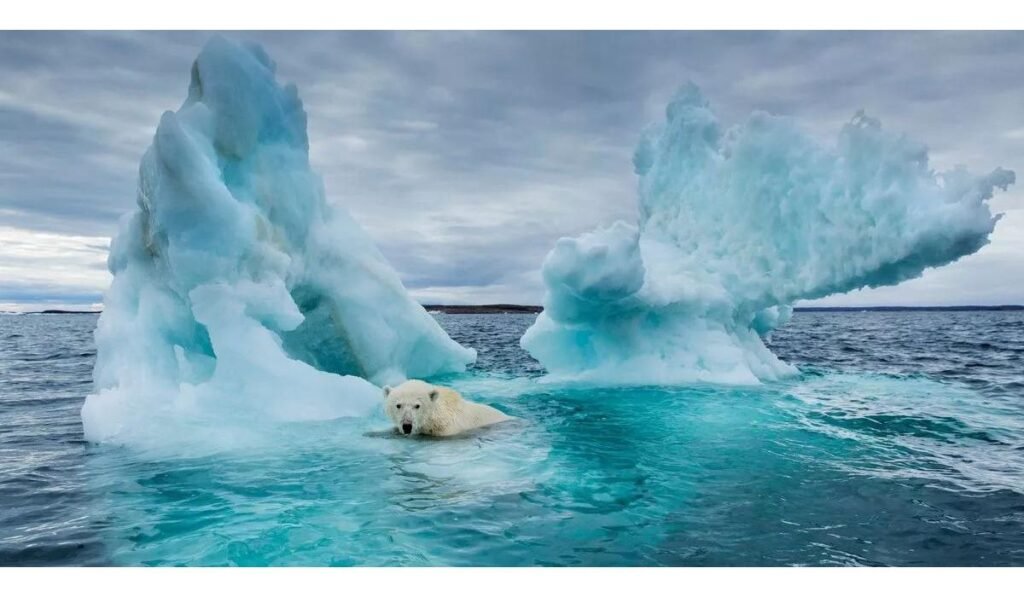The alarming phenomenon of polar ice melting is not only reshaping the Earth’s landscape but also influencing its rotation, leading to significant disruptions in our perception of time. As the polar ice caps melt at an unprecedented rate, the redistribution of mass across the planet triggers subtle yet profound changes in the Earth’s rotation axis. This alteration in the planet’s rotational dynamics has far-reaching consequences, impacting various natural processes and even affecting the accuracy of our timekeeping systems.
The consequences of polar ice melting extend beyond environmental concerns, manifesting in the very fabric of time itself. Scientists warn that the melting ice caps are causing a redistribution of the Earth’s mass, prompting subtle shifts in its rotational speed and axis. These changes not only affect the length of the day but also influence the precise measurement of time. Due to melting ice, Earth’s rotation changes, challenging conventional ideas of temporal stability. Moreover, the loss of reflective ice surfaces exacerbates global warming by absorbing more sunlight, further accelerating the melting process.
The repercussions of melting on Earth’s rotation highlight the interconnectedness of environmental phenomena and temporal frameworks. Accelerating polar ice melting threatens Earth’s rotational dynamics, disrupting our perception of time. As we grapple with the implications of climate change, it becomes increasingly apparent.
read more
image source








